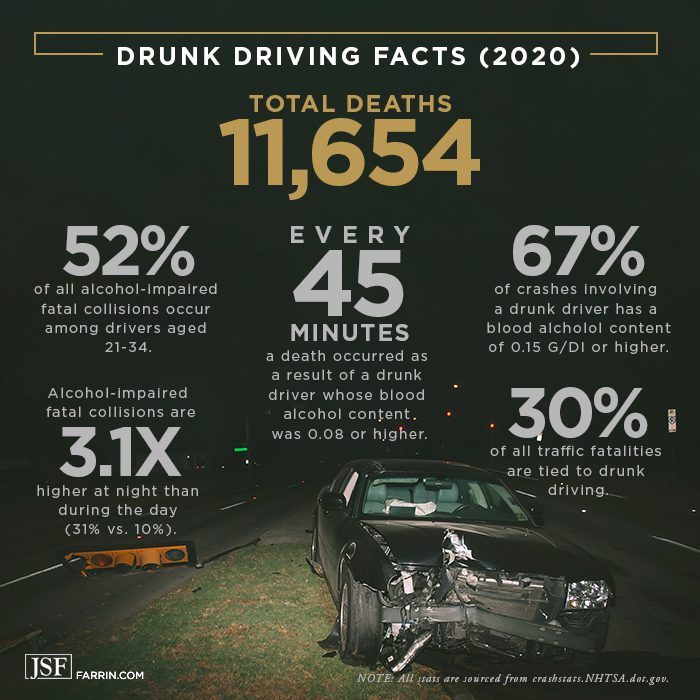Curious about the legal limit? A DUI lawyer reveals how many beers it takes to get drunk and potentially arrested.

Image courtesy of A E G Ş via Pexels
Table of Contents
Alcohol consumption is a common social activity that has been enjoyed for centuries. However, knowing your limits when it comes to drinking alcohol is crucial for your own safety and the safety of others. Many people wonder how many beers it takes to get drunk, and the answer to this question is not as straightforward as one might think. In this blog post, we will delve deep into the science behind intoxication and explore the factors that determine how many beers it takes for someone to become drunk.
Alcohol Metabolism
alcohol metabolism is a complex process that occurs in the liver. When you consume alcohol, it is broken down into acetaldehyde and then further metabolized into acetic acid by enzymes in the liver. The speed at which alcohol is metabolized varies from person to person and can be influenced by factors such as age, gender, and genetics. Understanding how alcohol is metabolized in the body is crucial for understanding how different individuals react to alcohol consumption.
Individual Tolerance Levels
individual tolerance to alcohol varies greatly from person to person. Factors such as body weight, metabolism, and liver health can all influence how much alcohol a person can consume before becoming intoxicated. Some people may have a higher tolerance to alcohol due to genetic factors or regular alcohol consumption, while others may become intoxicated after just a few drinks. It is important to know your own tolerance level and drink responsibly to avoid putting yourself or others at risk.
Factors Influencing Intoxication
Aside from individual tolerance levels, there are several other factors that can influence how quickly someone becomes intoxicated after consuming alcohol. One major factor is the amount of alcohol consumed in a given period of time. The faster you drink, the more likely you are to become drunk quickly. Additionally, factors such as food intake, hydration, and physical health can all impact how your body processes alcohol. Eating a meal before drinking can help slow down the absorption of alcohol into your bloodstream, while staying hydrated can help your body metabolize alcohol more efficiently.

Image courtesy of www.farrin.com via Google Images
It is also important to consider the alcohol by volume (ABV) of the beers you are consuming. Beers with a higher ABV will have a stronger intoxicating effect than beers with a lower ABV. Knowing the ABV of the beers you are drinking can help you gauge how many beers it might take for you to become intoxicated.
Conclusion
In conclusion, the answer to the question “how many beers does it take to get drunk?” varies from person to person and depends on a wide range of factors. Understanding alcohol metabolism, individual tolerance levels, and the various factors that influence intoxication is crucial for drinking responsibly and knowing your limits. As a DUI lawyer, I have seen the consequences of drinking and driving firsthand, and I urge you to always drink responsibly and never get behind the wheel if you have been drinking.
Remember, it is always better to be safe than sorry when it comes to alcohol consumption. Know your limits, know the factors that influence intoxication, and always prioritize your own safety and the safety of others when drinking alcohol.
FAQ
How many beers does it take to reach the legal limit for driving?
Answer 1: The legal limit for blood alcohol concentration (BAC) for driving is typically 0.08%. The number of beers it takes to reach this limit can vary based on factors like body weight, metabolism, and the alcohol content of the beers.
Can I still be charged with a DUI if I feel fine after drinking?
Answer 2: Yes, you can still be charged with a DUI even if you feel fine after drinking. Alcohol affects everyone differently, and impairment can occur even if you do not feel drunk. It is best to avoid driving after consuming alcohol to prevent legal consequences.
How long does alcohol stay in your system?
Answer 3: The body metabolizes alcohol at an average rate of about one standard drink per hour. However, factors like body weight, metabolism, and hydration levels can impact how long alcohol stays in your system. It is best to wait until you are sure alcohol has left your system before driving.
Are there any legal consequences for refusing a breathalyzer test?
Answer 4: In many jurisdictions, refusing a breathalyzer test can lead to administrative penalties, such as immediate license suspension. While you have the right to refuse the test, doing so can result in legal complications and potentially harsher consequences if you are later found to be over the legal limit.
Generated by Texta.ai Blog Automation
Leave a Reply